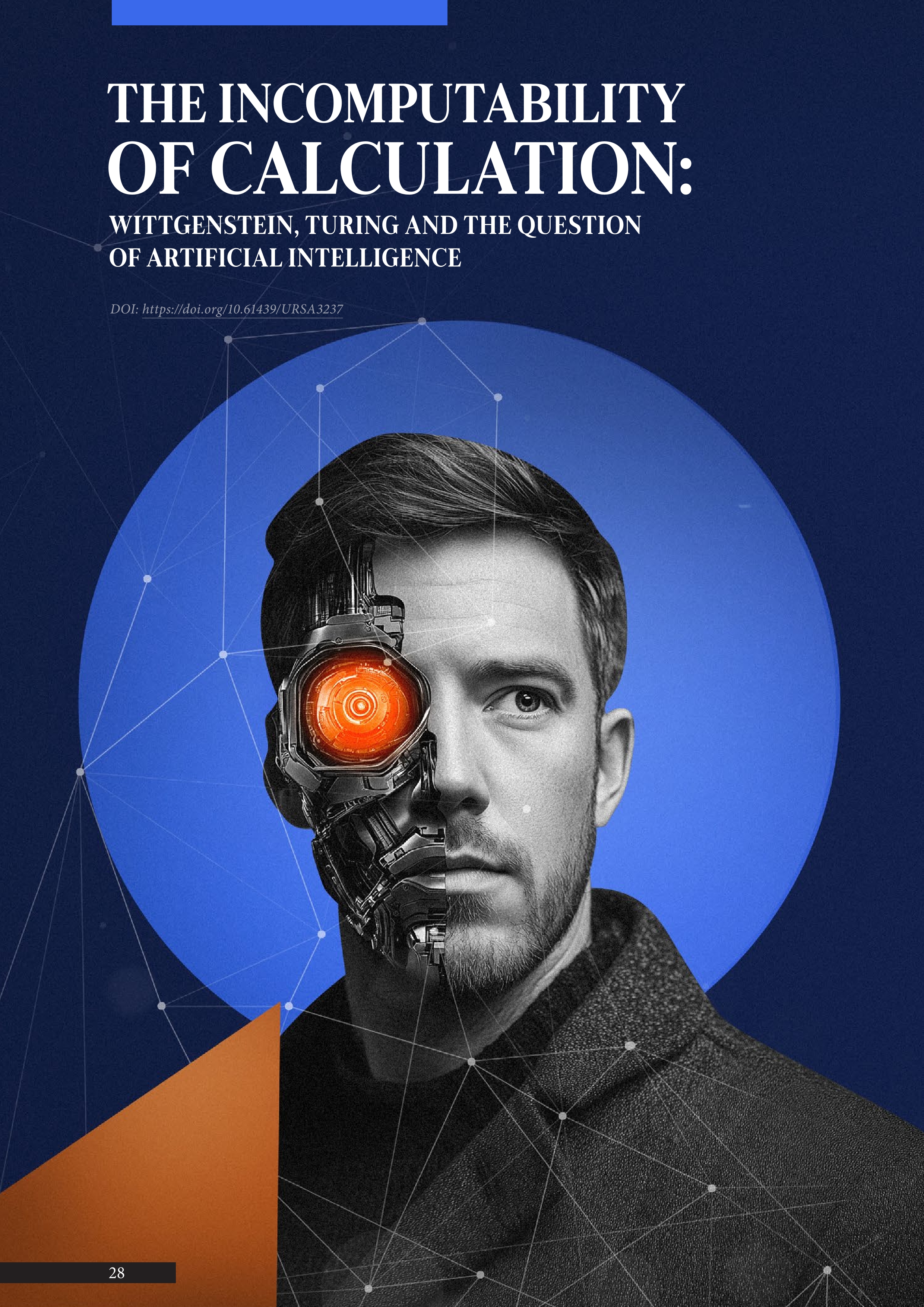The Incomputability of Calculation: Wittgenstein, Turing and the Question of Artificial Intelligence
##plugins.themes.academic_pro.article.main##
Abstract
Calculation is one of the foundational concepts operating at the basis of the notion of an algorithm. Seemingly intuitive, it remains nonetheless no small task to provide a rigid theoretical framework for articulating an ontology of computation. The central and primary point of oscillation around which the following paper will revolve, is concerned therefore not only with the complicated questions that make up the foundations of logic and mathematics, but the social and political implications that follow directly therefrom. Whether a machine can think is directly tied to the question of whether calculation is a form of thinking. That is, whether human thinking is a form of calculation. Subversively, Wittgenstein claims not only that human thought is irreducible to computation, but that human calculation itself is a form of thinking that is entirely different from anything that could be labeled “mechanical”. Wittgenstein’s critique of the Turing Thesis paves the way for a new variety of Foucauldian Biopolitics aimed specifically at the discourse surrounding Artificial Intelligence. A discourse that bears a suspicious resemblance to Christian pastoralism.

